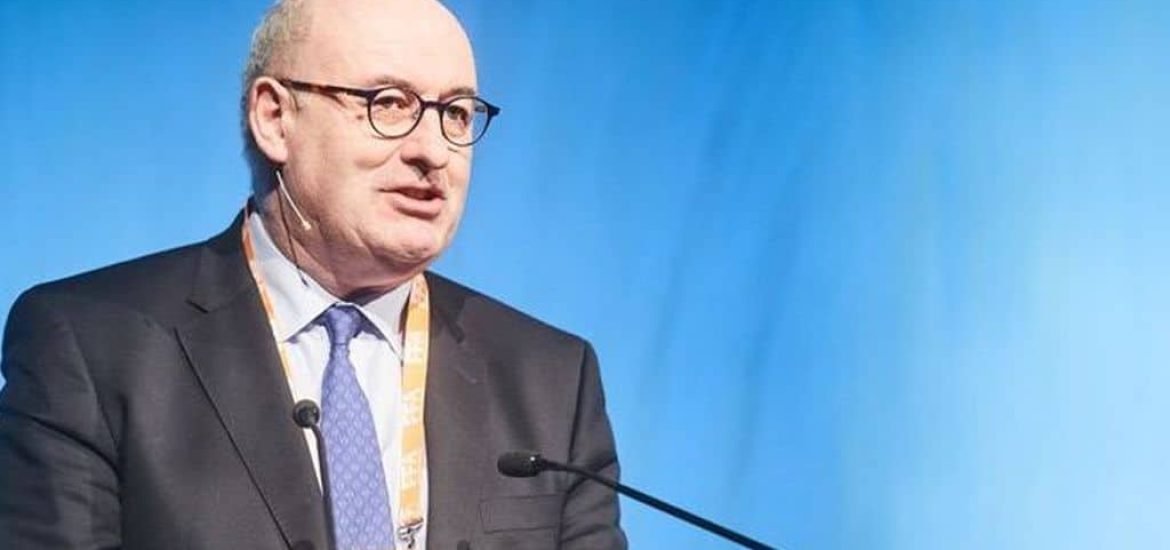
The European Commission has come out in favour of a more active role for EU member states in the 2020 Common Agricultural Policy reform.
Phil Hogan, European Commissioner for Agriculture, and Jyrki Katainen, the European Commission Vice-President for Jobs, Growth, Investment and Competitiveness published a joint press release on Wednesday November 29th. It presented the first guidelines surrounding “The Future of Food and Farming – for a flexible, fair and sustainable Common Agricultural Policy” project. This is the rather complex name given to the upcoming Common Agricultural Policy (CAP) reform. The term was introduced in 1962 and has since been regularly updated to better reflect EU farming market developments.
The new policy is set to come into force in 2020, replacing the current CAP, which was introduced in 2013. The reformed set of rules aims at cutting through Brussels’ red tape, and give a bigger say to EU member states. As Phil Hogan warns, this is an “evolution”, not a “revolution” of the current system. The EC has therefore not planned to overhaul the general structure of the CAP, currently based on a two-pillar system: direct aids and market measures on the one hand, and the rural development policy on the other.
Any detailed legislative proposal on the issue will heavily be influenced by the next European Commission’s multiannual financial framework –planned for May 2018. However, the next CAP instalment will “modernise and simplify” the current regime, with a “higher subsidiarity for member states and European regions”. Common objectives will be set by the European institutions, and the countries will be left free to choose the means to implement them. Every country in the EU will therefore prepare a “strategic plan” that will be submitted for the European Commission’s approval.
The news was globally ill-received by European MPs. For one, Copa-Cogeca, the largest European farmer union, expressed fears about “any further renationalisation of the Common Agricultural Policy”. A warning that the European People’s Party – the party holding the majority in the European Parliament – also put forward. “A mostly-administrative simplification should not lead to a renationalisation of the CAP, that would in turn create competitive distortion between European farmers” and risk to further divide the single market.
This post is also available in: FR (FR)